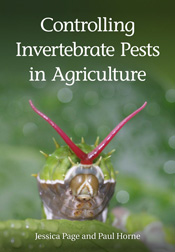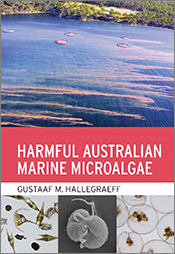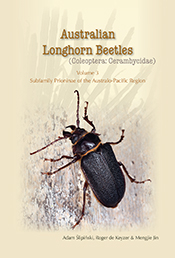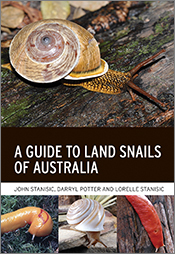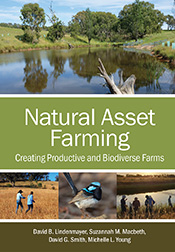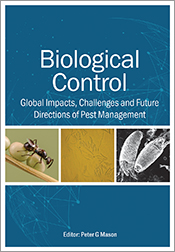Controlling Invertebrate Pests in Agriculture
By: Jessica Page, Paul Horne
Provides a detailed examination of the application of pesticides and how they may be integrated into more holistic approaches.
Controlling Invertebrate Pests in Agriculture discusses the principles of pest management and relates this to historical methods as well as current and future directions. It describes current practice, the concept of agricultural ecosystems, the role of pesticides and cultural control options. A separate chapter covers biological control and the different ways in which this may be implemented. + Full description
The book provides a detailed examination of the application of pesticides, the different types that are available and how they may be integrated into more holistic approaches. A summary of all available pest control measures is given to allow the reader to decide which approach is best to adopt. The authors clearly describe why the most ecologically sound methods are not always adopted, but also explain why they can be adopted with great success.
Examples of successful implementation of Integrated Pest Management are highlighted, together with a discussion on what is required in the future to achieve successful control of pests in a sustainable manner.
- Short descriptionNews
This title is no longer available in print format, but can still be purchased as an eBook.
Reviews
"Straightforward and based on actual experiences, this small and informative book shares a successful approach to adopting integrated pest management (IPM) from the perspective of the authors, highly successful crop advisors."
Quentin Paynter, Florida Entomologist, pp. 296-297, Vol 96 (1), 2013
"This book is an excellent resource for farmers and land managers, researchers, advisors and chemical resellers, or anyone interested or involved in invertebrate pest control. While it will not provide a detailed methodology for integrated pest management it will provide a path forward for determining how integrated pest management can best be applied in your situation to achieve effective insect control."
RG Richardson, Plant Protection Quarterly, Vol 27(1) 2012, pp. 43
Details
ePDF | April 2012ISBN: 9780643103368
Publisher: CSIRO Publishing
Available from eRetailers
ePUB | April 2012
ISBN: 9780643103375
Publisher: CSIRO Publishing
Available from eRetailers
Features
- Written in plain English. It can be understood by entomologists, university researchers and also farmers and agronomists and other advisors to the agricultural industry.
- A “clear thinking” approach to pest management, presenting an analysis of firstly “Why” a decision is made and secondly “How” that decision is made.
- Helps better decisions to be made on pest management.
Contents
ForewordPreface and acknowledgements
Introduction
1 Agricultural ecosystems
2 Pesticides
3 Pest species
4 Beneficial species (biological control agents)
5 Cultural controls
6 Integrating control measures to maximise degree of control
7 Changes in scientific assessment
8 Examples of changing pest management: specific crops
Glossary
Common and scientific names of species mentioned in this book
Species mentioned, listed by scientific name
References
Index
Authors
Jessica Page is currently Assistant Director at IPM Technologies Pty Ltd, where she has worked since 1996. In that time Jessica has worked on a great range of crops from glasshouse flowers to wheat, barley and canola. Key publications include the book Integrated Pest Management for Crops and Pastures published by Landlinks Press and the article "When will IPM be adopted?" in Australian Journal of Experimental Agriculture.Paul Horne is an entomologist and since 1996 has been owner and Director of IPM Technologies Pty Ltd. He has been involved with the development and implementation of IPM in a wide range of crops including cut flowers, glasshouse crops, vegetables and broad-acre crops. He has conducted research on how to use biological control agents, cultural methods and selective pesticides and, with Jessica Page, has demonstrated to farmers and others just how to make IPM work. He is currently an Honorary Research Fellow at La Trobe University. Paul has written four books on insects and published over 70 scientific and conference papers on insects and IPM.

